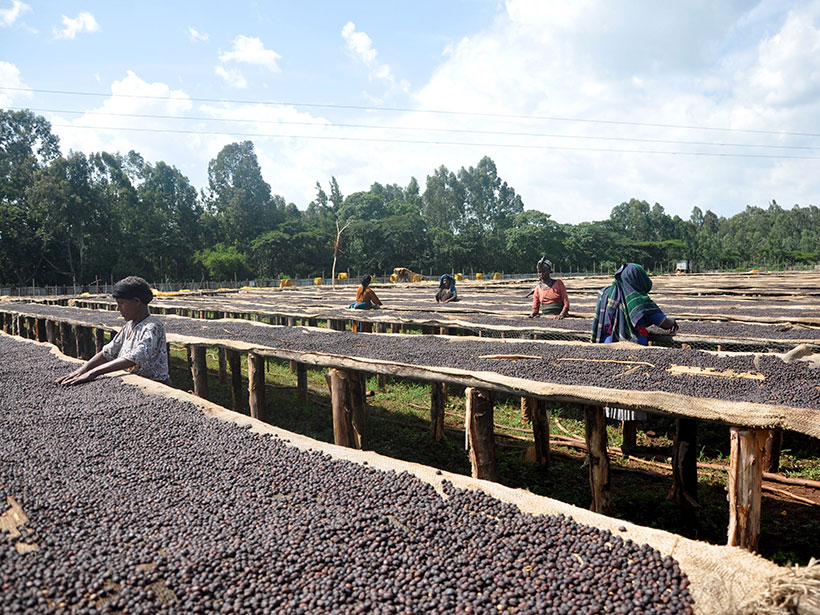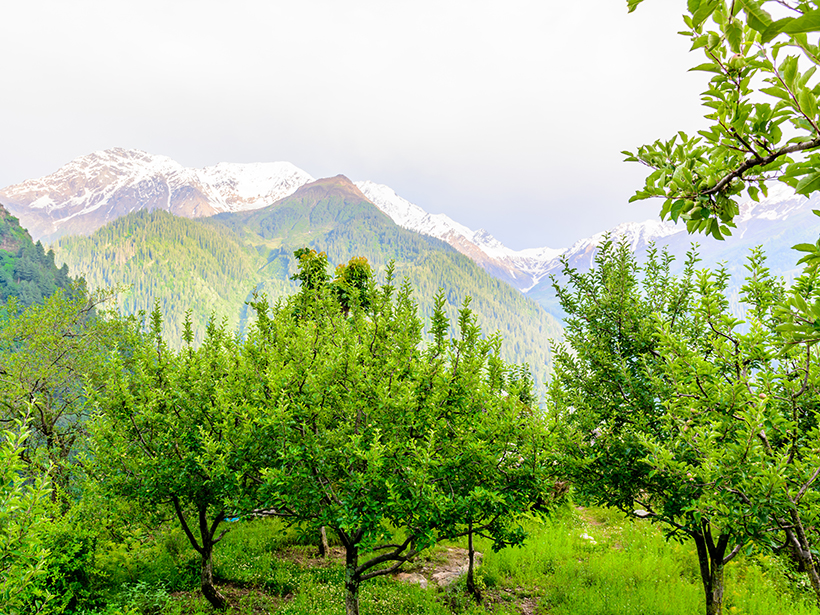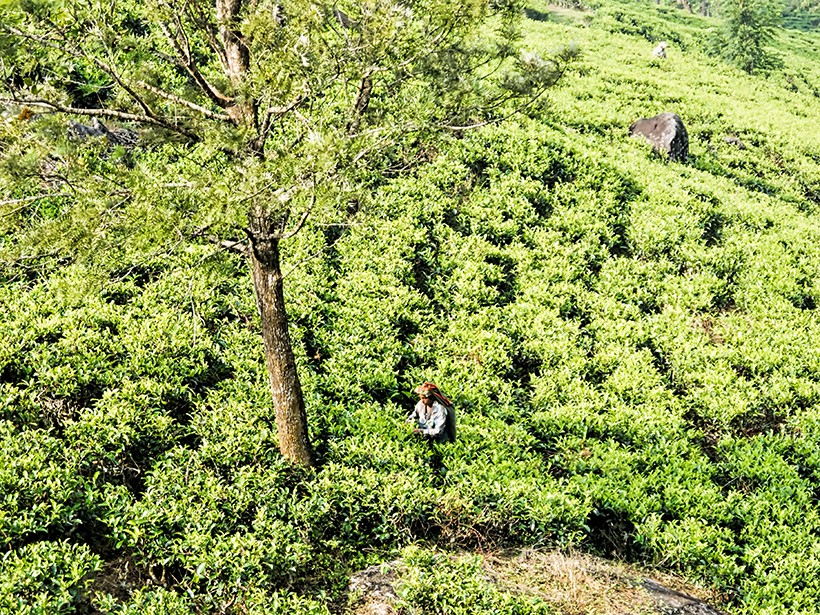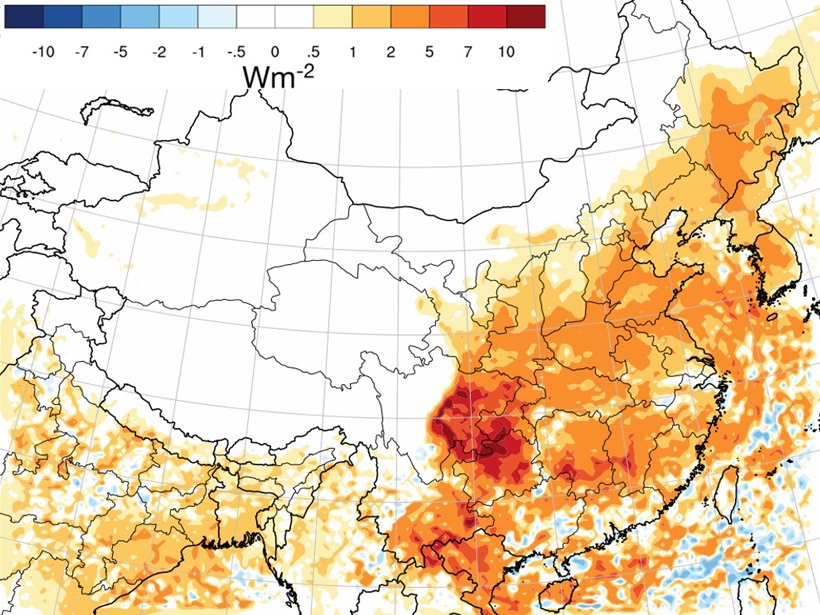Researchers made a “Google Maps” for global food systems. Could it help us tackle food’s thorniest problems?
food
Modeling Groundwater and Crop Production in the U.S. High Plains
Innovative new research by a team of international scholars borrows modeling methods from ecology and applies them to groundwater sustainability.
Ethiopia’s Coffee-Growing Areas May Be Headed for the Hills
New research suggests climate change may radically redefine the regions best suited to grow one of Ethiopia’s most valuable crops.
Climate Change Will Reduce Spanish Olive Oil Production
Increased droughts will reduce southern Spain’s olive oil output by 30% before the end of the century.
Wine Grape Diversity Buffers Climate Change–Induced Losses
By mixing up which wine grape varieties are planted where, the wine industry can better ride out the effects of a warming climate, new research reveals.
600 Years of Grape Harvests Document 20th Century Climate Change
A 664-year record of grape harvest dates from Burgundy, France, reveals significantly warmer temperatures since 1988.
As Climate Changes, So Does the Apple as Rising Temperatures Push Growers Higher Into Himalayas
Climatic factors have wreaked havoc on India’s apple crops by disrupting natural flowering seasons and pollination systems. The shape, size, and quality of Himalayan apples have changed.
Climate Change Is Coming for Our Fish Dinners
Your fish fillet may have less omega-3 fatty acids, an important nutrient for brain health, by the end of the century.
Climate Change Could Threaten Your Cuppa
The effects of climate change, including warmer temperatures and variable rainfall, may threaten the tea plantations of Sri Lanka within the next 30 to 50 years.
Household Cooking and Heating Affect Health and Climate in China
Black and organic particle emissions have significant impacts on both health and climate, and household cooking and heating activities may contribute substantially to these impacts in China.










